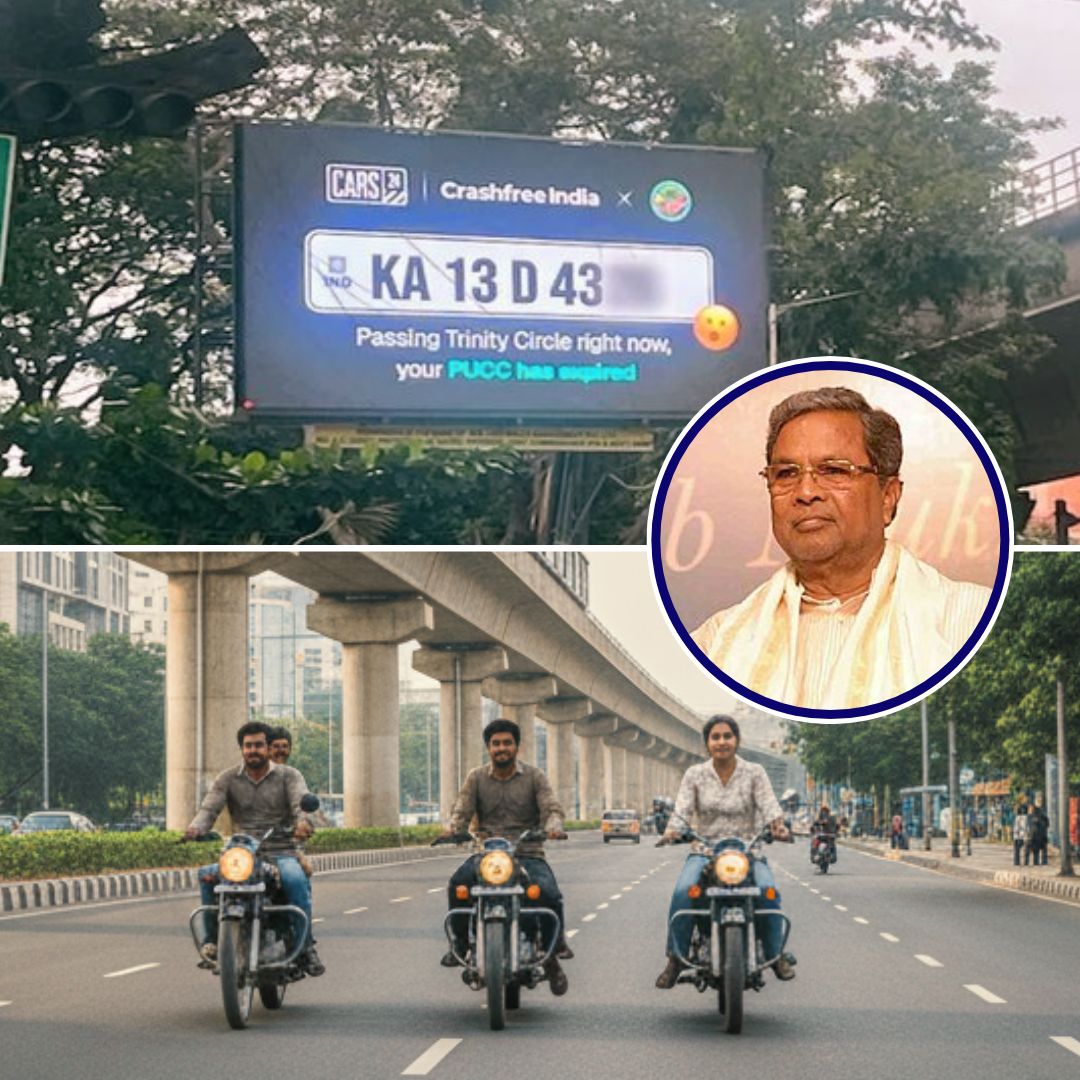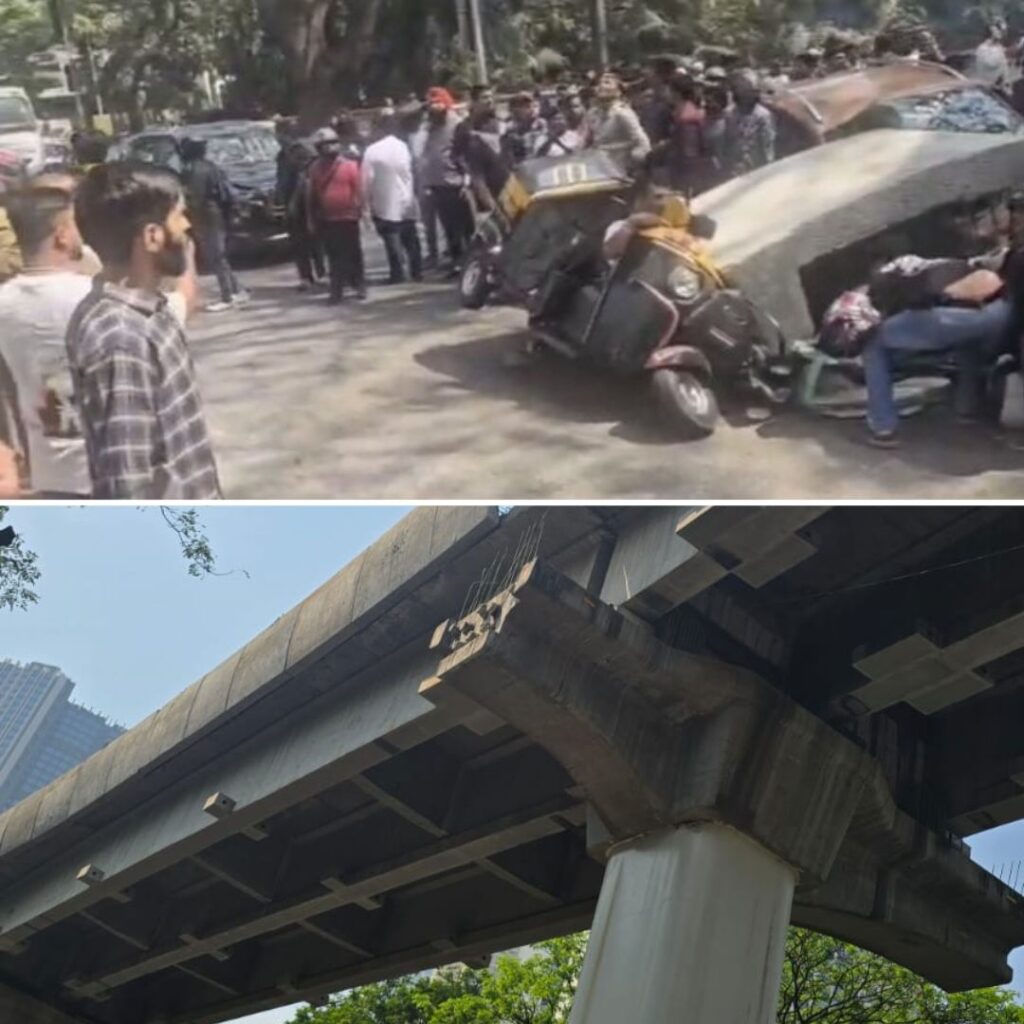Bengaluru has become the first Indian city to pilot an AI-powered digital billboard that displays pending traffic challans and expired vehicle documents, like Pollution Under Control (PUC) certificates, in real time. Installed at the bustling Trinity Circle, the system aims to foster road discipline and safety by instantly flashing details of violations on a large public screen as vehicles pass by.
This high-visibility initiative comes from the partnership between the Bengaluru Traffic Police, Cars24, CrashFree India, and Monday Ventures, signalling the city’s intent to combine technology with public pressure for collective accountability.
How the AI-Powered Billboard Works
Equipped with advanced cameras, the billboard can scan licence plates from up to 100 metres away, fetching associated compliance data from the national VAHAN database within ten seconds. Vehicles with unpaid fines, expired insurance, or lapsed PUC certificates have their details displayed for all commuters to see.
Notably, even vehicles with no pending violations are acknowledged, turning the board into both a deterrent and a reward system..
Context: Disease of Violations and Enforcement Challenges
Bengaluru faces an overwhelming volume of traffic violations, with over one crore vehicles navigating its roads daily and nearly 30,000 offences recorded every day. In 2024, the traffic police registered 82.9 lakh cases and collected ₹849 crore in fines, while the first eight months of 2025 saw another 45 lakh violations, resulting in over ₹1,150 crore in penalties.
Recently, in a span of just three weeks, the police recovered ₹106 crore from 37.86 lakh cases after the state offered a 50% concession on outstanding fines. Despite numerous awareness campaigns and digital initiatives, persistent violations remain a challenge, authorities believe the public nature of this AI system could finally tip the scales towards compliance and safer roads.
Navigating Privacy, Stigma, and Civic Engagement
While authorities hail the billboard as a progressive step in road safety and enforcement, public opinion is divided. Supporters highlight the system’s strong deterrent potential and instant awareness creation, while critics raise concerns about privacy and the risks of public shaming.
Joint Commissioner (Traffic) Karthik Reddy stressed that the initiative supplements existing enforcement and is intended to “highlight people who are violating rules and show it to them publicly so they reflect and become responsible citizens.” As Bengaluru pilots this bold initiative, residents and urban planners nationwide will watch closely to assess its impact. Responsible civic engagement and open dialogue are essential for navigating this complex terrain.
The Logical Indian’s Perspective
The Logical Indian views Bengaluru’s AI billboard as a striking example of using technology to foster responsible citizenship and safer roads, aligning with values of peace, harmony, and collective progress. While public accountability can be a powerful motivator, it must be balanced with empathy and respect for individual dignity to avoid undue stigma. Transparency, privacy protections, and clear avenues for grievance redress are vital to ensure fairness and trust.
This initiative invokes reflection on how individual responsibility on the roads profoundly affects the community’s wellbeing. Technology should encourage informed, empathetic choices, not merely enforce rules. By integrating technology with dialogue and kindness, such measures can strengthen social fabric and civic trust.













